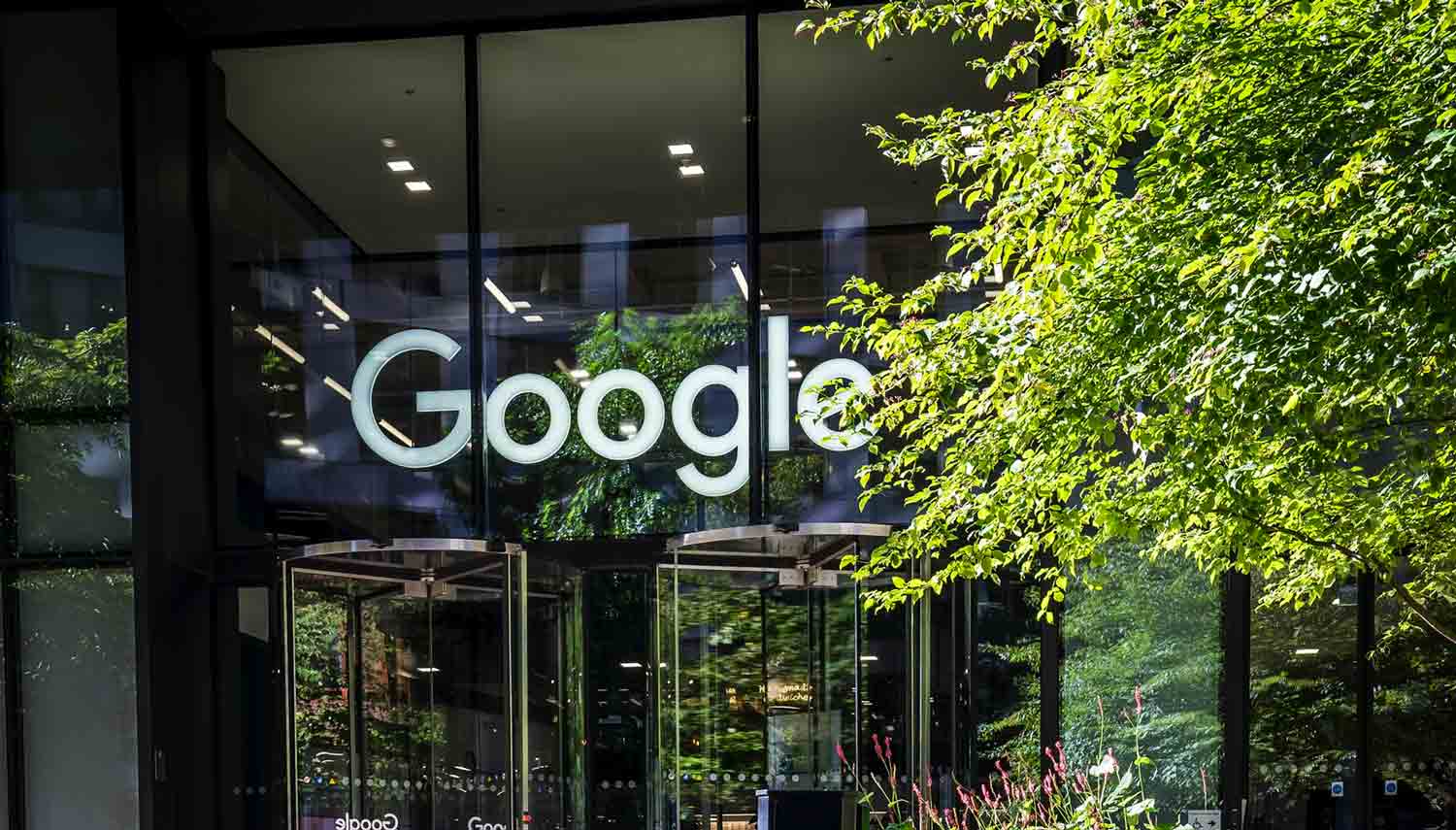

As a website owner, ensuring the security of your site is of utmost importance. Not only does it safeguard your customers’ data, but it also helps maintain a good reputation and improves your search engine ranking. Unfortunately, the prevalence of malicious attacks is on the rise, making it crucial to take necessary measures to protect your website from these threats. Here are some simple steps you can take to secure your site and optimize it for search engines.
1. Utilize Secure Connections
One of the most critical steps in protecting your website is to use secure connections. Employing HTTPS instead of HTTP for all your web pages is essential. HTTPS is a secure protocol that encrypts data exchanged between your website and users’ browsers. By doing so, you can prevent malicious actors from intercepting and accessing your customers’ sensitive information.
2. Regularly Monitor Your Website
It is imperative to consistently monitor your website for any signs of suspicious activity. Keep an eye out for unauthorized modifications to your website’s code or content, as well as any presence of malicious links or redirects. If you detect any unusual activity, take immediate action to remove it and enhance your website’s security.
3. Take Advantage of Security Plugins
Utilizing security plugins is an effective method to safeguard your website against malicious attacks. These plugins can help identify and block malicious requests, as well as alert you to any suspicious activities. It is crucial to keep your security plugins up to date to ensure they offer the best possible protection for your website.
4. Use Strong Passwords
Implementing strong passwords is one of the most basic yet essential steps in website security. Ensure that your passwords consist of a combination of uppercase and lowercase letters, numbers, and special characters. Furthermore, avoid using the same password for multiple accounts, as this can make your website more vulnerable to attacks.
5. Keep Your Software Up to Date
Regularly updating your website’s software is vital to its security. This includes keeping your content management system, plugins, and any other software you utilize up to date. Outdated software can contain vulnerabilities that can be exploited by malicious attackers. By staying current with the latest versions, you can better protect your website from potential threats.
By following these tips for secure SEO, you can enhance the security of your website and safeguard it from malicious attacks. Taking proactive steps to secure your site will not only protect your customers’ data but also improve your reputation and search engine visibility.
Related Posts




